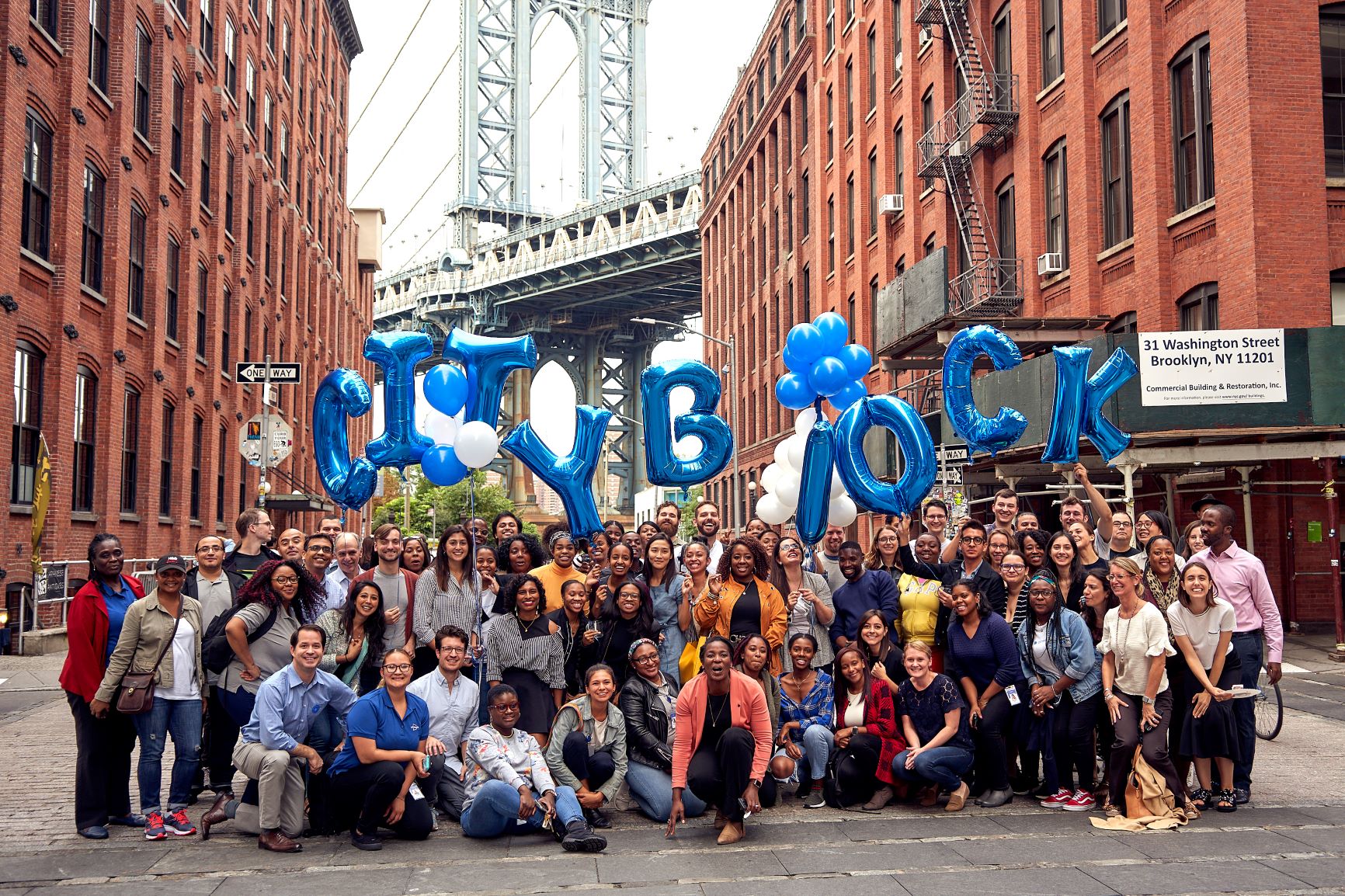
CityBlock Health raised a $160 million funding round, bringing the company’s valuation above $1 billion. Photo credit: CityBlock Health
In a sea of concierge primary care startups, CityBlock Health has taken a decidedly different approach. The New York-based startup, which recently surpassed a $1 billion valuation, focuses on caring for patients who often aren’t served well by the current system.
CityBlock provides care for patients covered by Medicaid and dual-eligible patients, who are covered by both Medicare and Medicaid. It strikes value-based contracts with insurers in the markets where it currently operates, which include New York, Massachusetts, Connecticut and Washington D.C.

As Healthcare and Biopharma Companies Embrace AI, Insurance Underwriters See Risks and Opportunities
In an interview, Munich Re Specialty Senior Vice President Jim Craig talked about the risk that accompanies innovation and the important role that insurers play.
With $160 million in new funding led by General Catalyst, CityBlock plans to grow its membership, build out its virtual care services and launch a maternity care program. In the last year, it has more than doubled its revenue and membership, growing to 70,000 members.
“We are fortunate to be in a position where we’ve started to see proof points of our model,” said Dr. Toyin Ajayi, CityBlock’s co-founder and chief health officer. “It’s personal for all of us. I’m a family doctor and I still see patients.”
Ajayi started her career working at a safety-net hospital and at a federally qualified health center. She spent a lot of time caring for marginalized patients with complex needs, many of whom were covered by Medicaid.
“There was a foundational need to build trust and engagement to really meet people where they were, that’s not built into our typical fee-for-service structure,” she said. “The economic drivers around fee-for-service incentivize more and more procedures, services, things that are not always tied to outcomes. When you look at a population that has been marginalized, disenfranchised, that hasn’t had access to really good healthcare and has reasons to not be engaged with primary care or behavioral health, the place where it all comes home to roost is in the hospital.”
She teamed up with CEO Iyah Romm, and they incubated the idea at Alphabet’s Sidewalk Labs, where they met their third co-founder, Bay Gross.
CityBlock provides primary care, behavioral health services and treatment for substance use disorders. It also considers health outside of the clinic, such as access to transportation, housing and food. Its value-based contracts with insurers, including EmblemHealth, are a key part of its business model. Ajayi said this structure allows CityBlock to provide services that wouldn’t otherwise be covered.
Preparing for a pandemic
These services are especially needed during a pandemic that has widened existing health inequities. Many Americans are struggling with food insecurity or facing evictions.
“When Covid was starting to make its presence known, we anticipated it was going to be a big problem,” Ajayi said.
The company began to proactively reach out to patients determined to be at high-risk for hospitalization from Covid-19. It also built a tool to screen members for social factors related to the pandemic, such as whether they could afford cleaning products, masks, gloves, food and housing.
They used this information to send out teams who dropped off food at members’ homes, and piloted a temporary housing program for people who faced homelessness or had nowhere to self-isolate after being diagnosed with Covid-19. In one case, CityBlock secured temporary housing for a patient, and later helped her apply for permanent housing, the company shared in a blog post.
But none of this work would be possible without gaining patients’ trust.
“The thing we have to be excellent at is building trust with people who have lots of reasons — very well justified — to be mistrustful of healthcare,” Ajayi said. “You have to recognize this is about humans. Humans aren’t just a number of diagnoses, or a set of discoordinated organ systems, or a list of medications. We need to be seen in all of our dimensions.”








